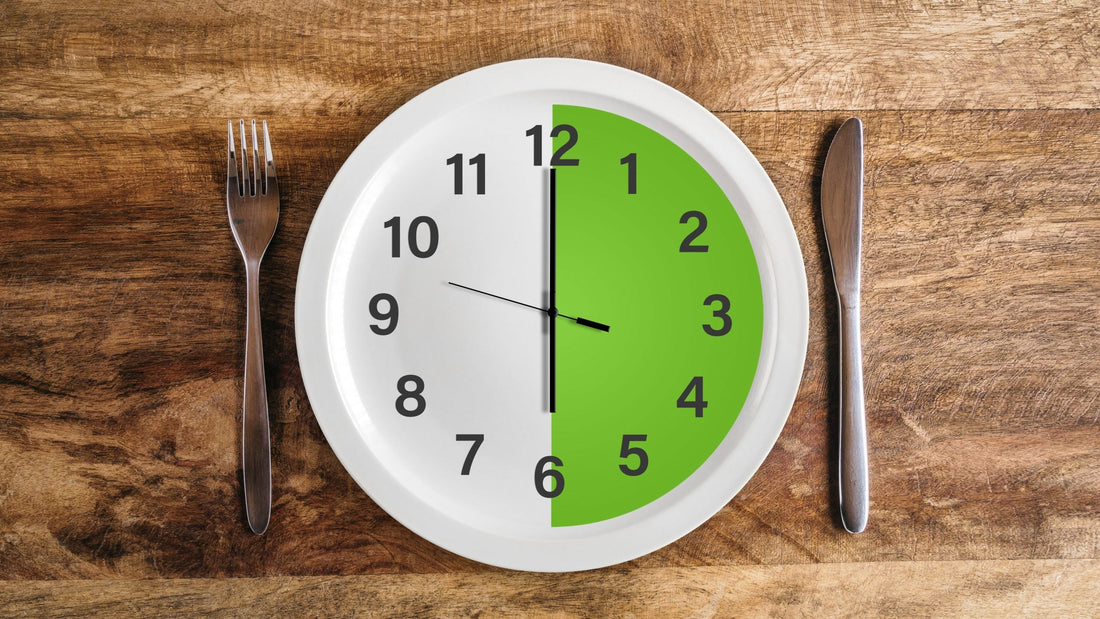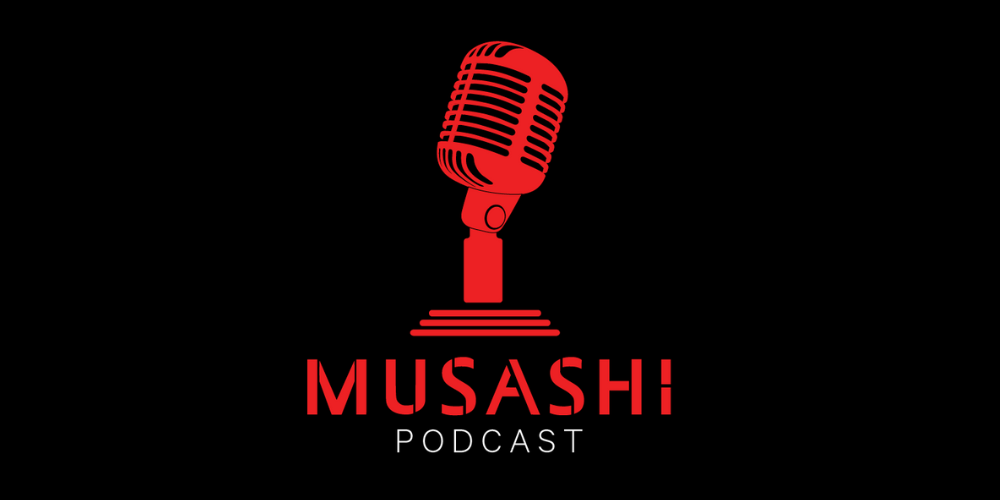
Are you intrigued by intermittent fasting? Thinking of trying it?
Intermittent fasting—or periodic abstinence from food and/or drink—can take many forms, from the number of fasting days to which days you restrict calories to the recommended amount of calories you cut from your diet.
Intermittent fasting has been proven safe and effective, and some of its proposed benefits include weight loss, improved metabolic health, diabetes prevention, and increased longevity.
Styles of Intermittent Fasting:
Fast for a set number of hours each day: You have a window of time during which you eat, and you then fast for the remainder of the day. The number of hours fasted is unique to each individual.
E.g. Eat between 12pm – 8pm (also known as 16:8 fast)
Alternate-Day Fasting: Alternate-day fasting allows you to eat normally on non-fast days, but you then restrict the number of calories consumed on fast days to around 25% of your usual intake. Normal caloric intake ranges anywhere from 1,600 to 2,400 for women and from 2,000 to 3,000 for men depending on age and level of physical activity.
The 5:2 Plan: The 5:2 plan is similar to alternate-day fasting. On five days of the week, you eat normally. On the other two days of the week, you restrict the number of calories consumed to around 500–600. Fast days should not be consecutive days.
Weekly 24-Hour Fast: With this style, you eat normally six days out of the week but fast completely during a 24-hour period. This style can be very difficult to maintain since it requires consuming only liquids for 24 hours straight.
Which Style Is Best for Beginners?
Some of the styles described above can be very difficult for beginners since they require long periods of time where you eat nothing or very little. A good option for beginners is too fast for a set number of hours each day. This option allows you to start with fasting for around 12 hours a day, most of which you will be asleep. After you get more comfortable with 12-hour fasts, you can slowly lengthen the time of the fast. With this in mind, a common intermittent fasting schedule is 16:8 intermittent fasting, where you eat during an 8-hour period of the day and fast for the remaining 16 hours.
Intermittent fasting may not always be a good option for everyone though. If it is a healthy option for you, choose the most realistic and achievable style and always keep in mind that the quality of food you consume is still of utmost importance. In general, eating nutritious foods is just as important as adherence to an intermittent fasting schedule.







































